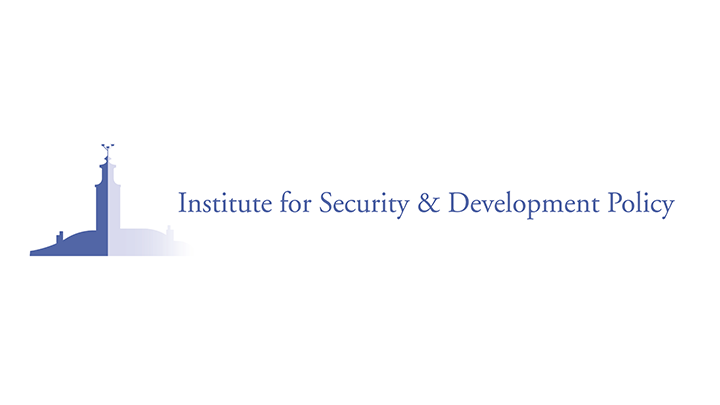An overview of the reactions of China, Japan and the Korean Peninsula to the Russian invasion of Ukraine

March 7, 2022/ Updated March 9, 2022:
China:
China maintains a position of neutrality and refuses to condemn the ongoing Russian “special military operation” in Ukraine as an invasion. Citing the eastward expansion of US-led NATO and the West’s failure to take Russian security concerns into account as the root causes of the ongoing invasion in the region, Beijing persistently echoes Moscow’s conflict in Ukraine. The Chinese government also repeatedly stresses the importance of respecting the sovereignty of Ukraine, while also emphasizing the need for all parties to achieve peace through a diplomatic settlement. Nonetheless, Beijing’s stance remains ambiguous. On one hand, China abstained from voting on a UNSC draft resolution on February 26, 2022 – condemning the Russian invasion of Ukraine. On the other hand, the Chinese foreign minister noted on March 8 that the country is ready to play the role of mediator in the conflict whilst continuing to underscore Russia’s role as Beijing’s “most important strategic partner” – the highest tier of bilateral relations within China’s foreign policy. Thus, as the Ukraine crisis deepens, it is increasingly apparent that China is actively seeking to strike a balance between backing Russia and minimizing any further damage to its relations with the West. Tellingly, Chinese president Xi Jinping during a virtual meeting with his French and German counterparts stressed that all parties must exert “maximum restraint”.
Japan:
North Korea:
North Korean Ambassador to the United Nations Kim Song, at an emergency session of the UN General Assembly, has blamed the US and its “hegemonic policy” for Russia’s invasion of Ukraine. A similar statement had previously been posted in a commentary on the Ministry of Foreign Affair’s website, in which the US was identified as the “root cause of the Ukrainian crisis” and accused of disregarding, what North Korea calls, Russia’s legitimate security demands and self-defensive measures. North Korea was one of only five countries that has opposed a UN resolution condemning Moscow’s invasion of Ukraine and demanding an immediate withdrawal of all Russian forces. Pyongyang has long maintained that the presence of US armed forces on the Korean Peninsula poses a threat to North Korea’s own national security and has continued to develop its deterrence capabilities. It is believed that North Korea’s reluctance to abandoning nuclear weapons may be solidified due to the war in Ukraine. North Korea putting blame on the US for the invasion of Ukraine is hardly surprising given the close relationship between Pyongyang and Moscow.